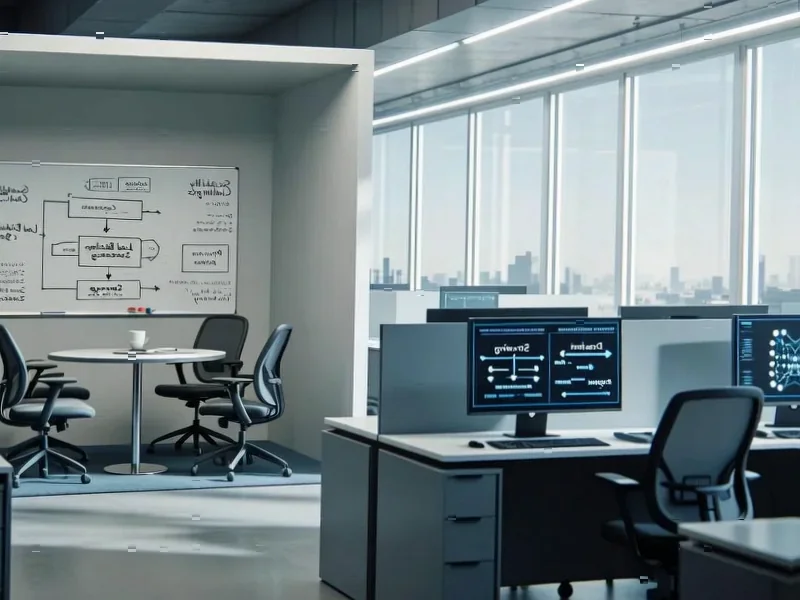According to engineerlive.com, Unique Group has secured a multi-million dollar contract with CCC Underwater Engineering to provide two Launch and Recovery Systems for Work Class ROVs. The systems will be deployed on CCCUWE’s new flagship DPIII DSCV ‘Wadad Alethia,’ currently operating in the Arabian Gulf region. Unique Group’s Subsea Innovation division in the UK will design and engineer the systems, while manufacturing will occur at the company’s UAE facility, with delivery expected by Q1 2026. The solution features Active Heave Compensation technology with fully electric winch control systems classed to DNV standards. This partnership represents a significant investment in advanced subsea capabilities for complex offshore operations.
Strategic Positioning in Recovering Offshore Market
This contract signals a notable recovery in the offshore subsea market, particularly in the strategically important Arabian Gulf region. The timing is significant – after years of suppressed investment following the 2014-2016 oil price collapse and subsequent pandemic disruptions, we’re seeing renewed confidence in major offshore projects. The Unique Group approach of combining UK engineering expertise with UAE manufacturing represents a growing trend in the industry: leveraging global technical capabilities while maintaining regional cost efficiencies and supply chain resilience. This dual-location strategy could become increasingly important as geopolitical tensions and supply chain disruptions continue to challenge traditional offshore business models.
The Reality Behind Advanced Subsea Systems
While the announcement highlights the technical sophistication of Active Heave Compensated LARS with electric winch systems, the implementation timeline to Q1 2026 raises questions about potential challenges. Electric systems, while offering environmental benefits and operational efficiency, represent a significant departure from traditional hydraulic systems that have decades of proven reliability in harsh offshore environments. The transition requires extensive testing and validation, particularly for the complex integration with CCCUWE’s DPIII DSCV platform. The Arabian Gulf’s specific environmental conditions – including high temperatures, salinity, and complex seabed topography – present unique engineering challenges that standard offshore systems aren’t always equipped to handle.
Supply Chain and Integration Vulnerabilities
The 2026 delivery timeline suggests this isn’t an off-the-shelf solution but rather a custom development project with substantial engineering requirements. The global semiconductor shortage and ongoing supply chain disruptions could impact the availability of critical components for the electric control systems. Additionally, the split between UK design and UAE manufacturing introduces coordination complexities that could lead to delays or quality control issues. Historical precedent in the offshore industry shows that first-of-their-kind systems often encounter unexpected integration challenges when deployed on new vessel platforms like the ‘Wadad Alethia.’
Arabian Gulf Energy Investment Resurgence
This contract reflects broader regional trends in offshore energy investment. The Arabian Gulf has seen increasing activity as Middle Eastern producers seek to maintain production capacity while diversifying their energy portfolios. The specific mention of DPIII (Dynamic Positioning class 3) capabilities indicates operations in increasingly challenging environments, possibly pointing to deeper water exploration or complex infrastructure projects. However, the concentration of this work in a single region also represents a strategic risk – any geopolitical tensions or regional economic shifts could disproportionately impact companies heavily invested in Gulf operations.
Shifting Competitive Dynamics
The success of this project could reshape competitive dynamics in the subsea engineering sector. Unique Group’s ability to secure such a significant contract against established competitors suggests changing client preferences toward integrated solutions providers rather than specialized equipment manufacturers. The emphasis on regional manufacturing capability indicates that localization is becoming a key differentiator in major contract awards. However, this also means that companies without established regional presence may struggle to compete for similar projects in strategically important markets like the Middle East.




